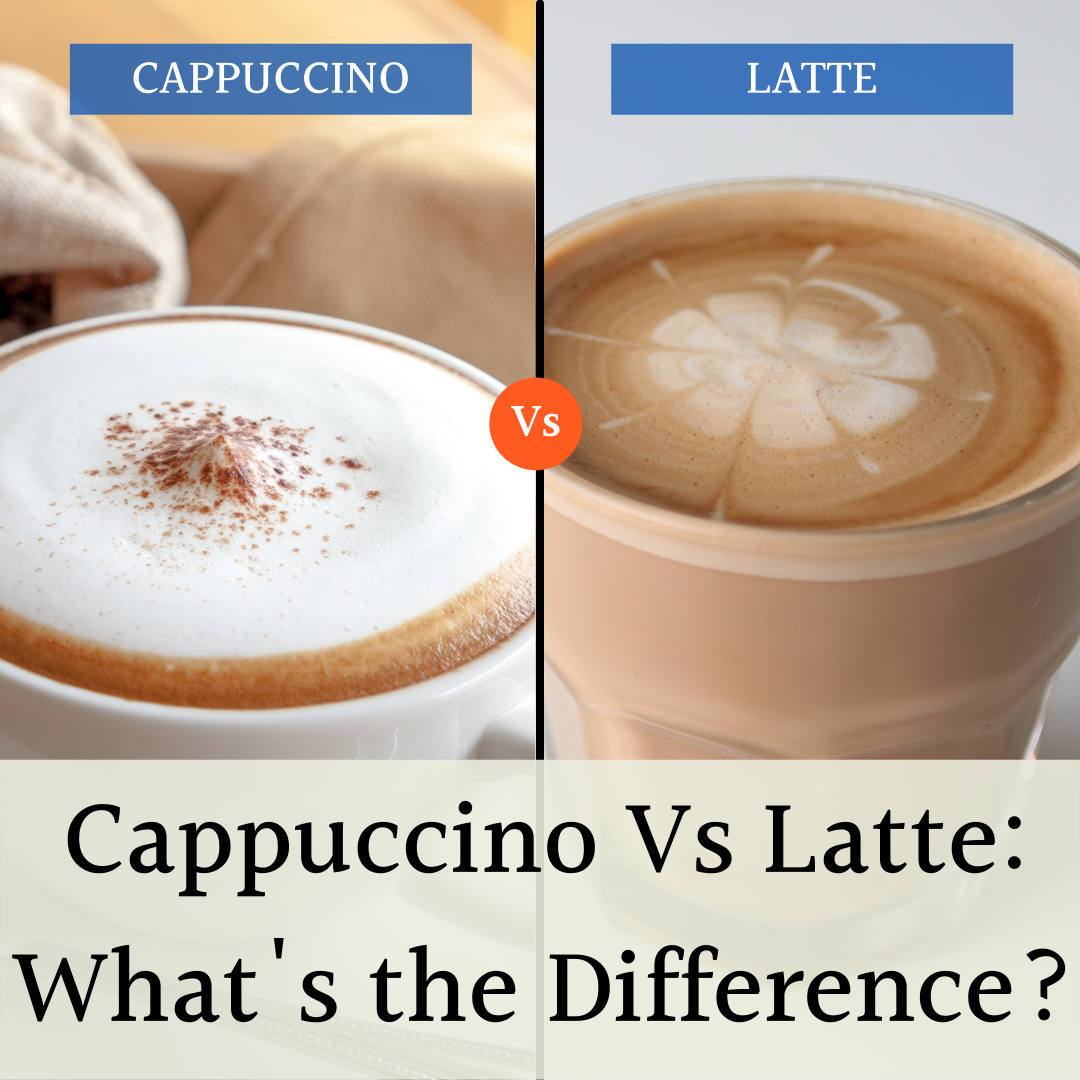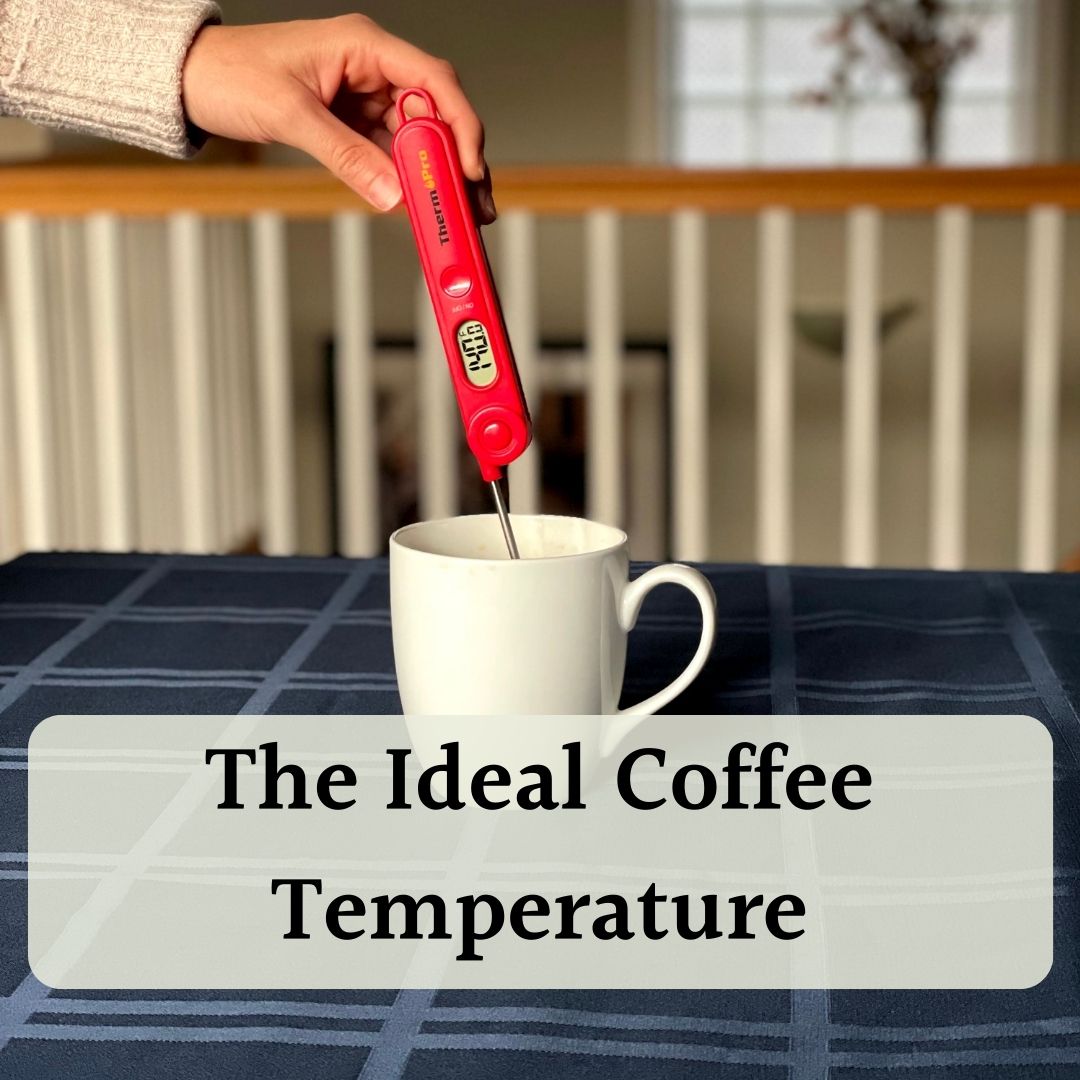Today, I’m diving into an overlooked topic that’s crucial to your daily cup of joy: water. It’s not just about the beans or the brew method; the water you use plays a starring role in your coffee’s taste and quality.
Ever wondered why your home-brewed coffee doesn’t quite hit the mark like your favorite cafe? The secret could be flowing right from your tap. After all, the saying “water is 98% of coffee” isn’t for nothing. Essentially, it comes down to this: You don’t need perfect water, but you should use something you enjoy drinking.
I’ll explore how different types of water can dramatically alter your coffee experience. It’s important you find water with a balance of mineral content and alkalinity. I’ll uncover the liquid mystery behind every delicious sip, so let’s embark on a journey to improve your coffee game, one drop at a time.
Understanding Water Quality
Water quality is a topic that’s as crucial as it is subjective. The common saying is that “water is 98% of coffee,” considering that only 2% of your coffee is actual ground coffee, as measured by Total Dissolved Solids (TDS)%! When it comes to brewing the perfect cup of coffee, water plays a major role.
This highlights the immense impact water has on your brew. However, navigating the waters of choosing the right water for your coffee can be a daunting task. There are strong opinions on what constitutes the ‘best’ water.
What matters is measuring two critical aspects:
- TDS, which refers to the parts per million of particles in the water
- Alkalinity, which measures the calcium carbonate in your water.
The goal is to find a balance, ensuring just enough mineral content and alkalinity without going overboard.
Here’s the conclusion I’ll get to in a chart. It’ll look complicated but will make more sense as we go through it.
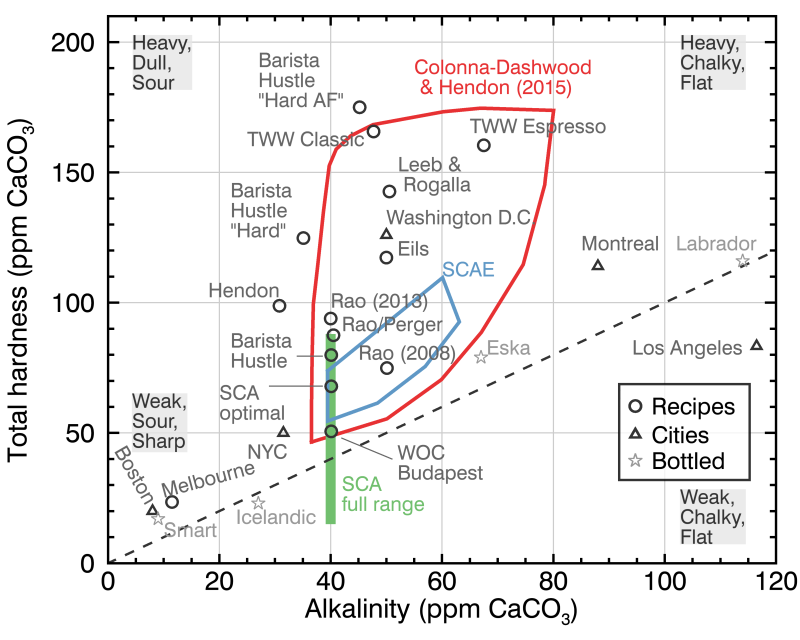
But here’s where it gets tricky: water contains a variety of minerals, and while some are beneficial for brewing coffee, others are not. The right proportions can make or break your cup.
Take my experience in Chicago. The city is known for its hard water, clocking in at around 120ppm minerals. Most guides would label this as bad for coffee brewing. Yet, several roasters and coffee enthusiasts, including myself, find that Chicago’s city water offers a surprisingly good balance of minerals for brewing.
In fact, when I filtered tap water through a Brita, the coffee tasted worse! It seems that in some cases, it turns out the water that’s technically ‘hard’ has the right mix of minerals minus the undesirable elements.
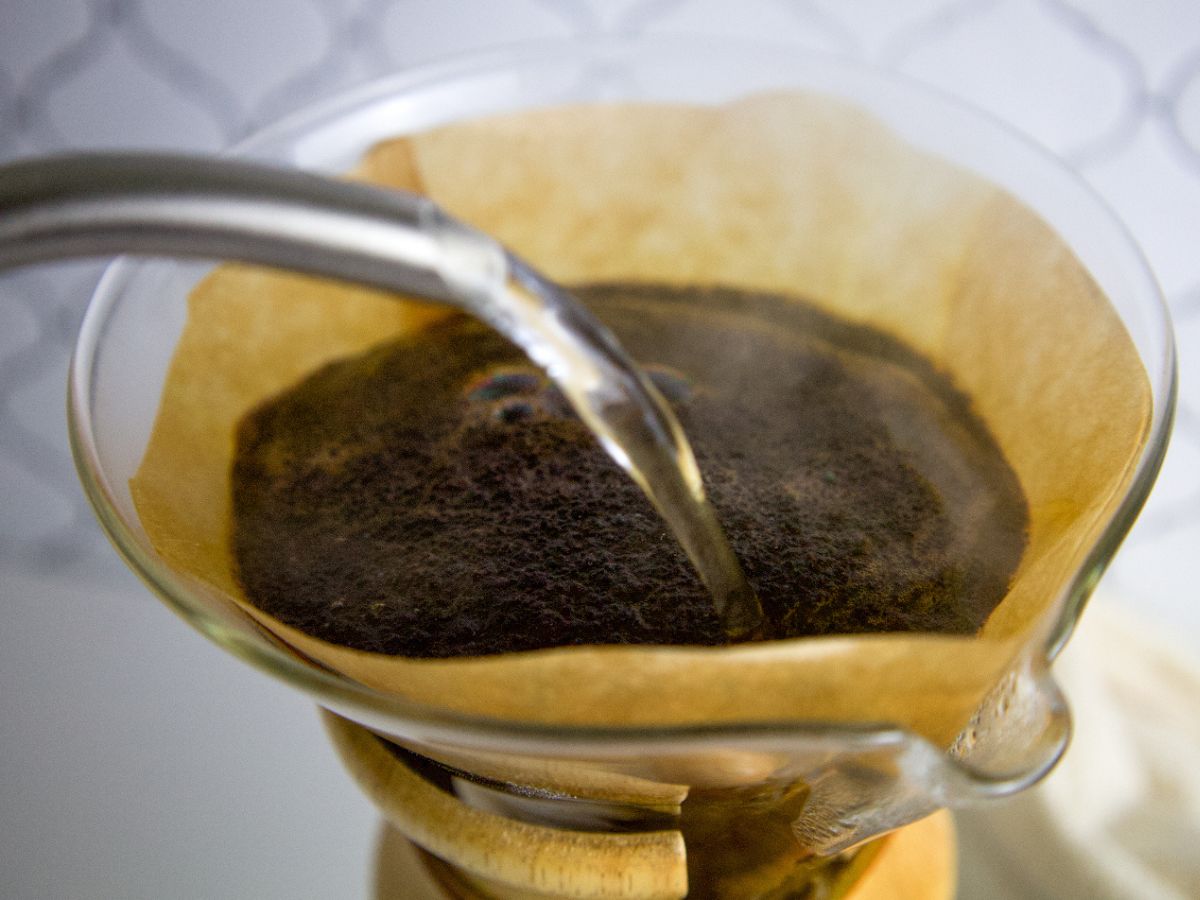
So, while water quality is undeniably important in coffee brewing, it’s also a subjective field where one size doesn’t fit all. Your perfect brew might just be hiding in the unique characteristics of your local water supply.
Characteristics of Good Coffee Water
Brewing a great cup of coffee is an art, and the water you use is your canvas. Understanding the characteristics of good coffee water is essential.
Let’s break it down into three key sub-sections: hardness, alkalinity, and minerals.
Hardness (Total Dissolved Solids – TDS)
Hardness in water is primarily determined by the amount of calcium and magnesium it contains, measured as Total Dissolved Solids (TDS). Higher TDS = hard water. Water minerals attach to coffee, pulling it out of the bean, meaning hard water means more extraction.
Water that’s too soft can lead to a flat, under-extracted brew, while overly hard water can cause over-extraction, leading to a bitter taste. A moderate level of hardness is crucial for extracting the best flavors from coffee.
The ideal TDS level for brewing coffee typically ranges between 75 to 110 parts per million (ppm). I’ve seen sources suggest up to 250ppm, but that would be very high; around 100ppm is ideal. You can find your water hardness here.
Alkalinity
Alkalinity refers to the “bicarbonate” in water, essentially calcium and carbon (CaCO3 for chemistry nerds). In coffee brewing, alkalinity plays a crucial role in balancing the natural acidity of the coffee beans, making them more neutral.
If the water is too alkaline, it can flatten the coffee’s flavor profile, making it taste dull. On the other hand, low alkalinity water can result in a brew that’s overly acidic and sharp.
The goal is to find a middle ground where the water’s alkalinity complements the coffee’s acidity.
Minerals (Subjective)
The mineral content in water significantly affects the taste of your coffee. Common minerals in water include calcium, magnesium, and sodium. Each mineral interacts differently with coffee compounds.
For example, magnesium tends to enhance the extraction of coffee flavors, making the brew more robust and complex. However, the ideal mineral balance is subjective and can vary based on personal preference and the type of coffee beans used.
You can also see the research from the Barista Institute that shows the best range of mineral content and alkalinity.

Now the earlier graphic starts to make sense. Overall, the quest for the perfect coffee water is about striking a balance between hardness, alkalinity, and mineral content.
This balance is crucial not only for extracting the full range of flavors from the coffee beans but also for ensuring that each cup tastes good.
Remember, the best water for your coffee might not be the one that fits all the ‘ideal’ parameters but the one that suits your taste and complements your choice of beans.
How to Improve Your Water Quality for Coffee Brewing
Great coffee starts with great water. If you’re looking to improve your coffee experience, improving your water quality is a key step.
Here are three effective ways to enhance the water you use for brewing your perfect cup:
Filtered or Bottled Water
Using filtered or bottled water can significantly improve the taste of your coffee. Tap water often contains chlorine, minerals, and impurities that can alter the taste of your coffee. Filtering this water can remove these unwanted elements, leading to a cleaner and more consistent flavor.
When selecting bottled water, look for brands that offer a balanced mineral content. Avoid overly distilled or deionized water, as the lack of minerals can result in a flat-tasting brew (here’s my favorite water from a convenience store).
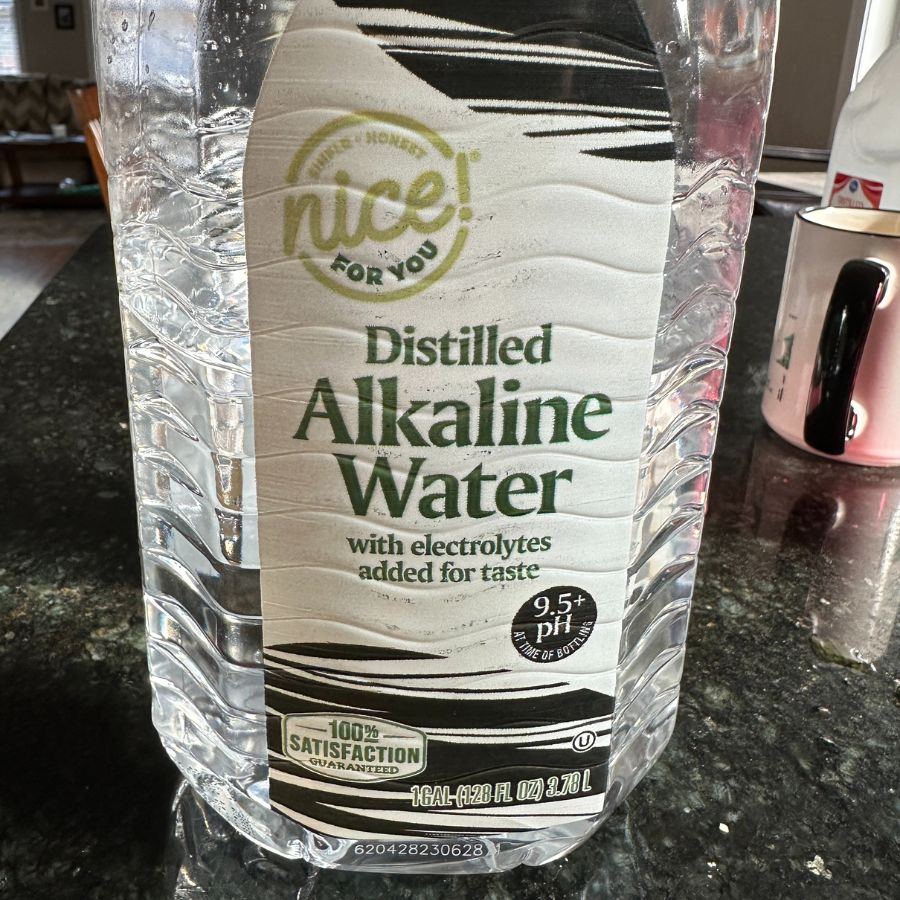
The ideal bottled water for coffee should have a neutral pH and a TDS (Total Dissolved Solids) level that falls within the recommended range for coffee brewing (75-110 ppm).
Pro tip: Regular maintenance is key if you’re using a filter. Change filters as recommended to ensure they effectively remove contaminants and maintain the right mineral balance.
Remember, the water should taste good on its own for it to make good coffee. Be mindful of the mineral content and pH level, as these factors will influence your coffee’s flavor profile.
Re-mineralize Distilled Water
Do not use distilled water for coffee! Distilled water, while pure, lacks the minerals needed to extract the full flavor from coffee beans. It will taste flat and sour.
This is where re-mineralizing comes into play.
Products like Third Wave Water and Lotus Drops are specially formulated to add back the optimal mineral content to distilled water, ensuring a balanced and flavorful brew.
These solutions typically contain a calculated blend of minerals like magnesium and calcium, which are essential for the extraction process and contribute to the overall taste of the coffee.
Follow the instructions provided with these products. Typically, you’ll add a pre-measured packet to a specific volume of distilled water, ensuring a consistent and ideal mineral content every time. Most people like Third Wave Water because it’s premixed for light roast or espresso, so it’s really easy to use.
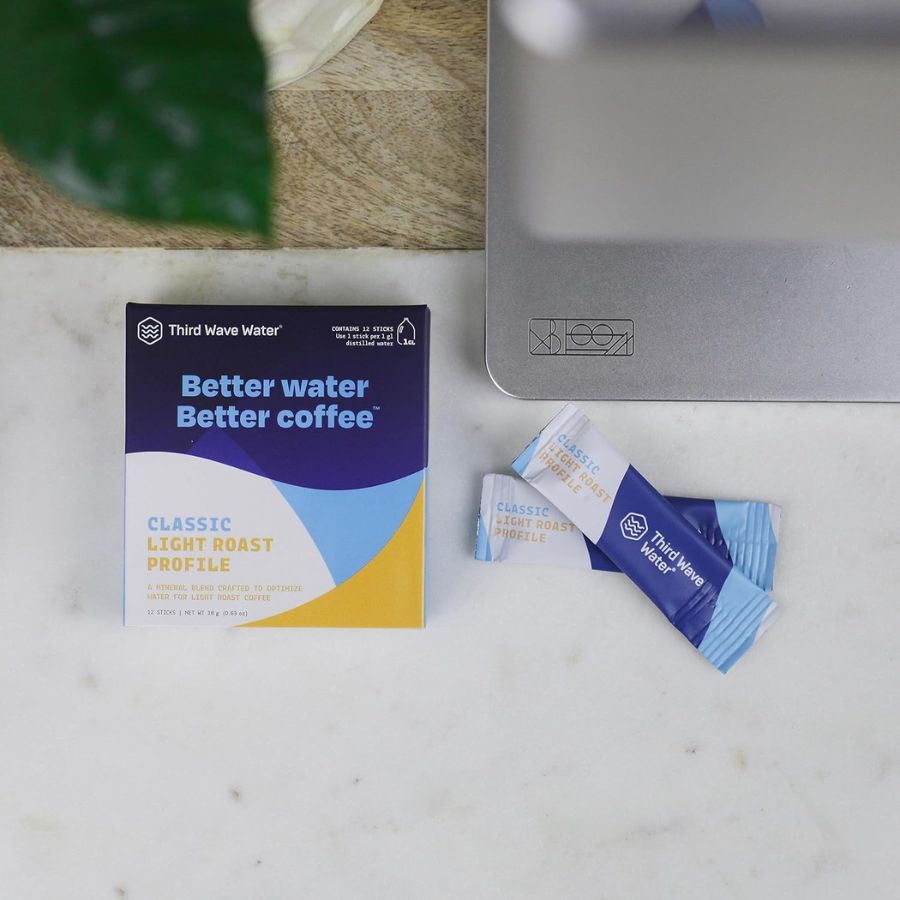
Using a Water Softener or Hardness Reducer
Hard water can lead to scale buildup in your coffee machine and can interfere with the extraction process, often resulting in a bitter-tasting brew.
If you live in an area with hard water, using a water softener or a hardness reducer can be beneficial. There are various types of water softeners, including ion-exchange softeners and salt-free conditioners.
Ion-exchange softeners replace calcium and magnesium ions with sodium or potassium ions, while salt-free conditioners use a physical process to alter the minerals, preventing them from causing scale.
These systems reduce the concentration of calcium and magnesium, which can cause scale buildup in your coffee equipment and affect the taste of your coffee.
Remember, it’s important to strike a balance; completely soft water can lead to under-extracted, weak coffee. Some systems allow you to adjust the level of softening, enabling you to find the perfect balance for your coffee brewing needs.
Pro tip: Regularly testing your water’s hardness can help you maintain the ideal level for your coffee.
Water for Coffee: Final Thoughts
The journey to brewing the perfect cup of coffee is as much about the water as it is about the beans. Understanding and manipulating the characteristics of your water – whether through filtration, re-mineralization, or softening – can take your coffee experience to new heights. So, experiment with these methods, trust your palate, and you may just find that the secret to your best cup of coffee lies in the water you use.
And in case your espresso tastes sour and bitter, we’ve got five quick fixes to improve your cup of joe.


